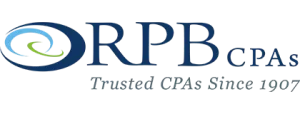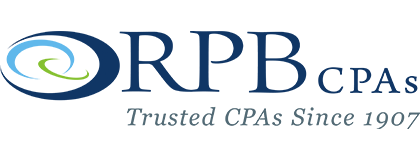Tax Planning With Deferred Tax Assets
With all the complications in today’s tax code there is no doubt that many options exist to save taxes. On that same note, many chances exist for us to pay more taxes than we legally need to. Good tax planning throughout a taxpayer’s life can potentially save millions in taxes.
The most well known and widely used form to “save taxes” is to attempt to defer them until later in life when the taxpayer is usually in a lower tax bracket. Many avenues exist to do this, from IRA’s, Traditional 401(k)’s to 1031 Exchanges on property sales. All of these simply move the taxable income from one period to another; some better than others.
For example, if you are selling an investment property and can avoid taking the proceeds but rather “reinvest” them in some sort of investment, you can defer the income tax on that original gain until you dispose of the replacement investment. One of the little known facts is what qualifies as replacement property. With good planning and the right qualifications, even investment accounts can count as replacement investment property. Even better with the 1031 Exchange is if that property can be passed onto your heirs at your death, the taxes are completely avoided, legally!
Traditional IRA’s and 401(k)’s also help “kick the can” of the tax bill down the road. Unfortunately, upon the taxpayer’s death, there is no tax avoidance, but rather the heirs are taxed at their ordinary tax rates and usually required to claim that as income over a fairly short term. This can result in a large tax bill due to the fact that usually the heir will be in their highest tax bracket of their life at this time. Many taxpayer’s situations have potential to help avoid this for their heirs. Does the taxpayer have large itemized deductions that are being wasted since their income is limited? Taking additional distributions beyond those required may move future taxable income to the current year where the taxpayer is not subject to tax by offsetting ongoing deductions.
Net Operating Losses are another area which needs to be looked at for tax planning. NOL’s are lost upon a taxpayer’s death, so using the NOL to offset taxable income from deferred tax assets will end up saving your heirs on their tax bills.
Tax planning means not only looking at a taxpayer’s situation but also their heirs. Planning for the future can mean saving tax dollars for everyone. Reilly, Penner & Benton LLP can help you review your personal and business tax situation so that we can help minimize your taxes. We are here to help so don’t hesitate to contact us.



